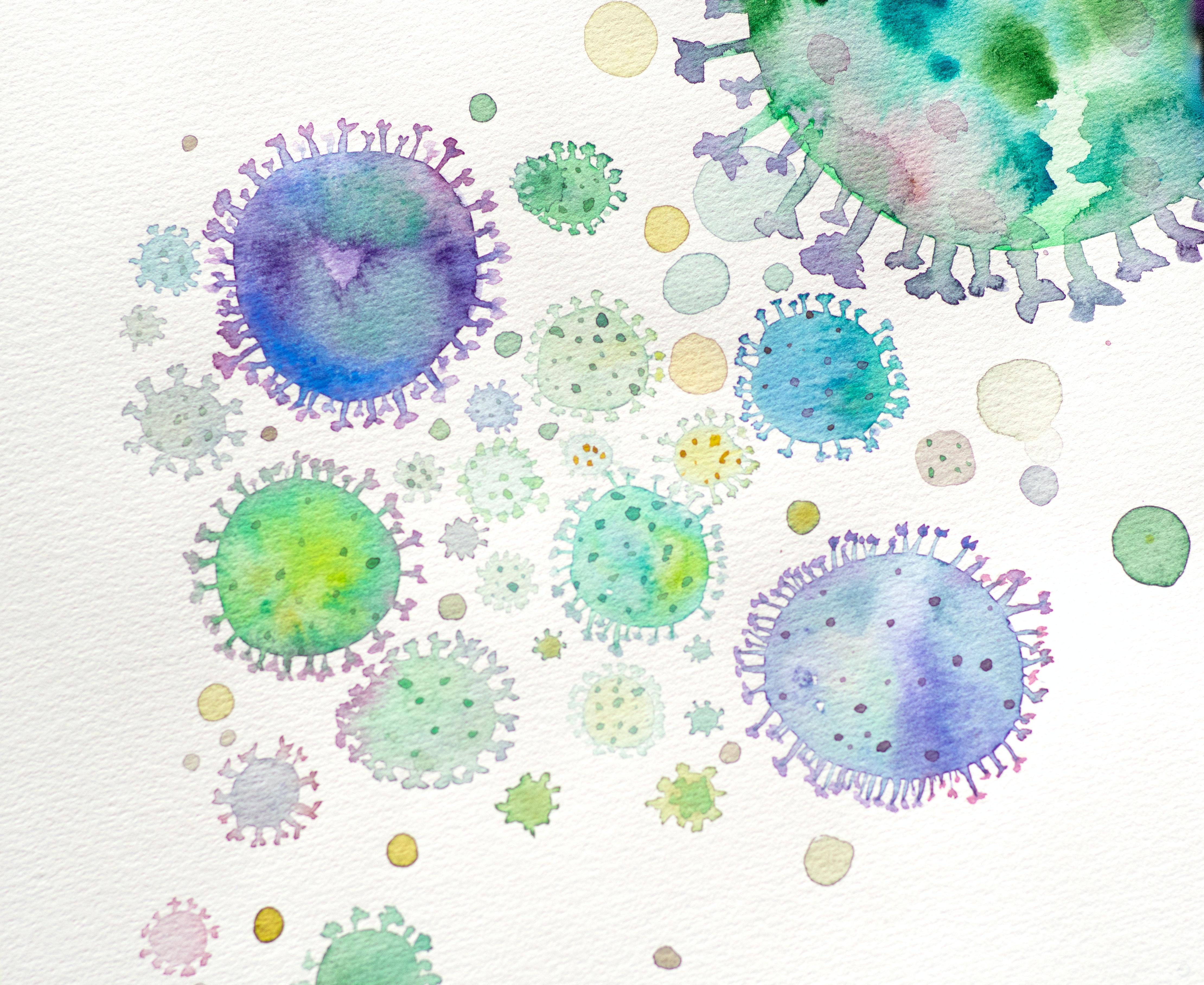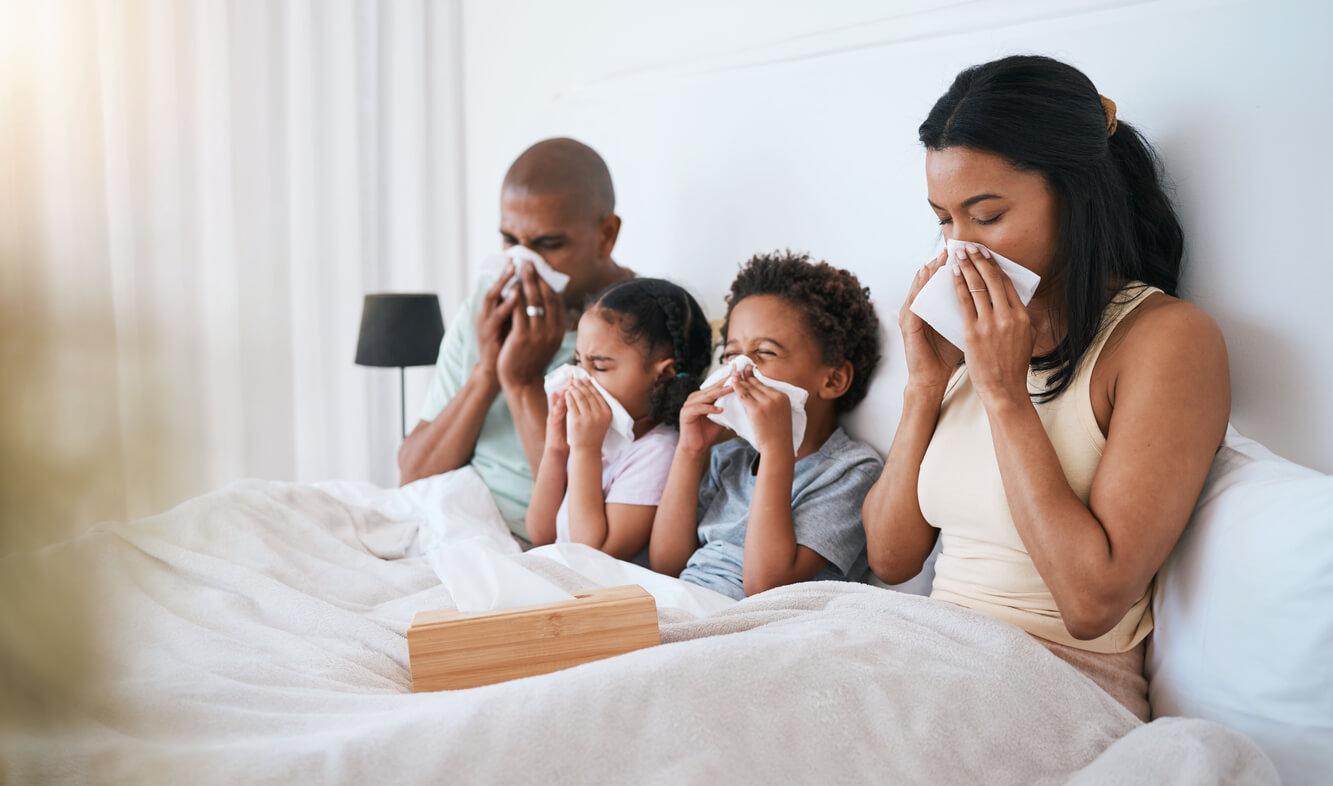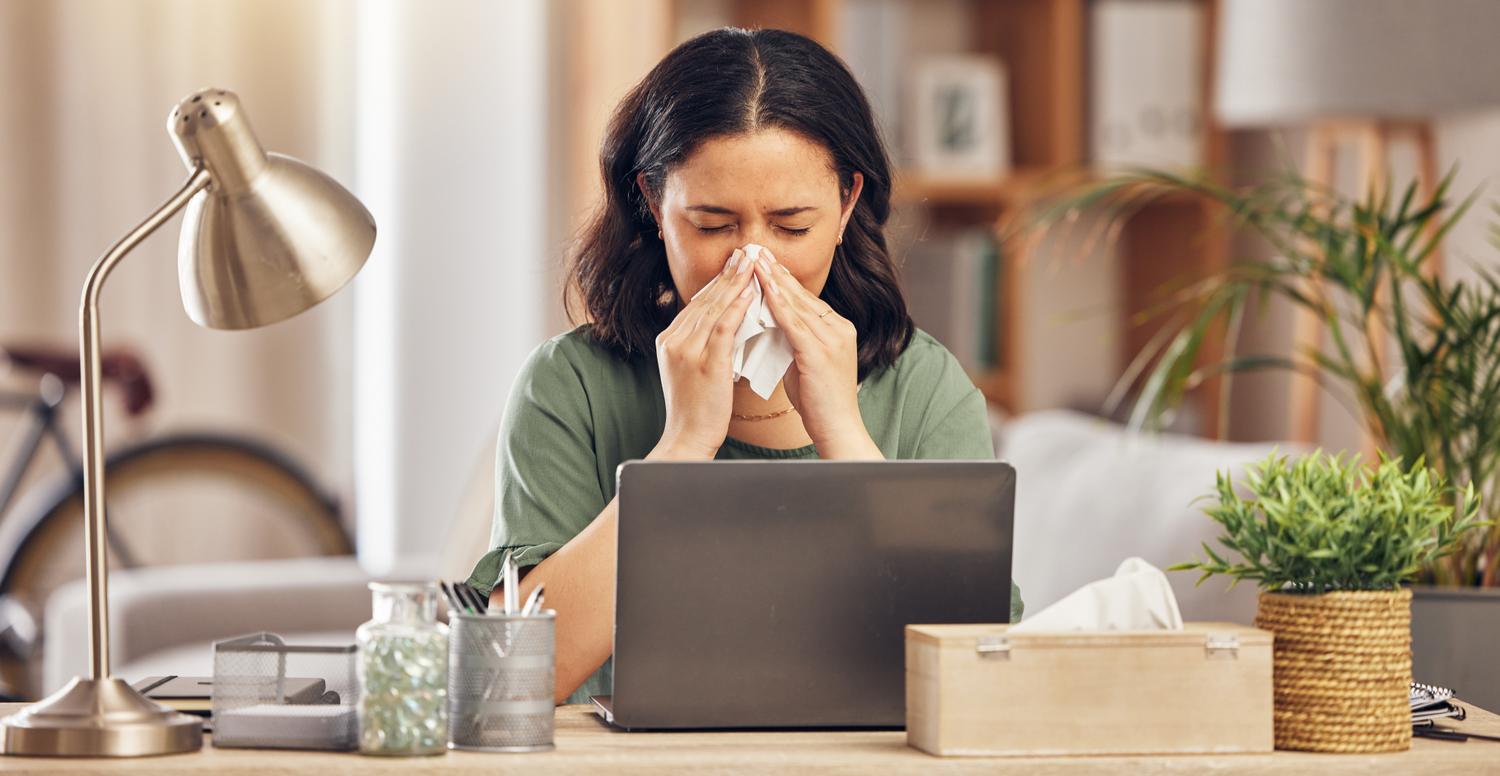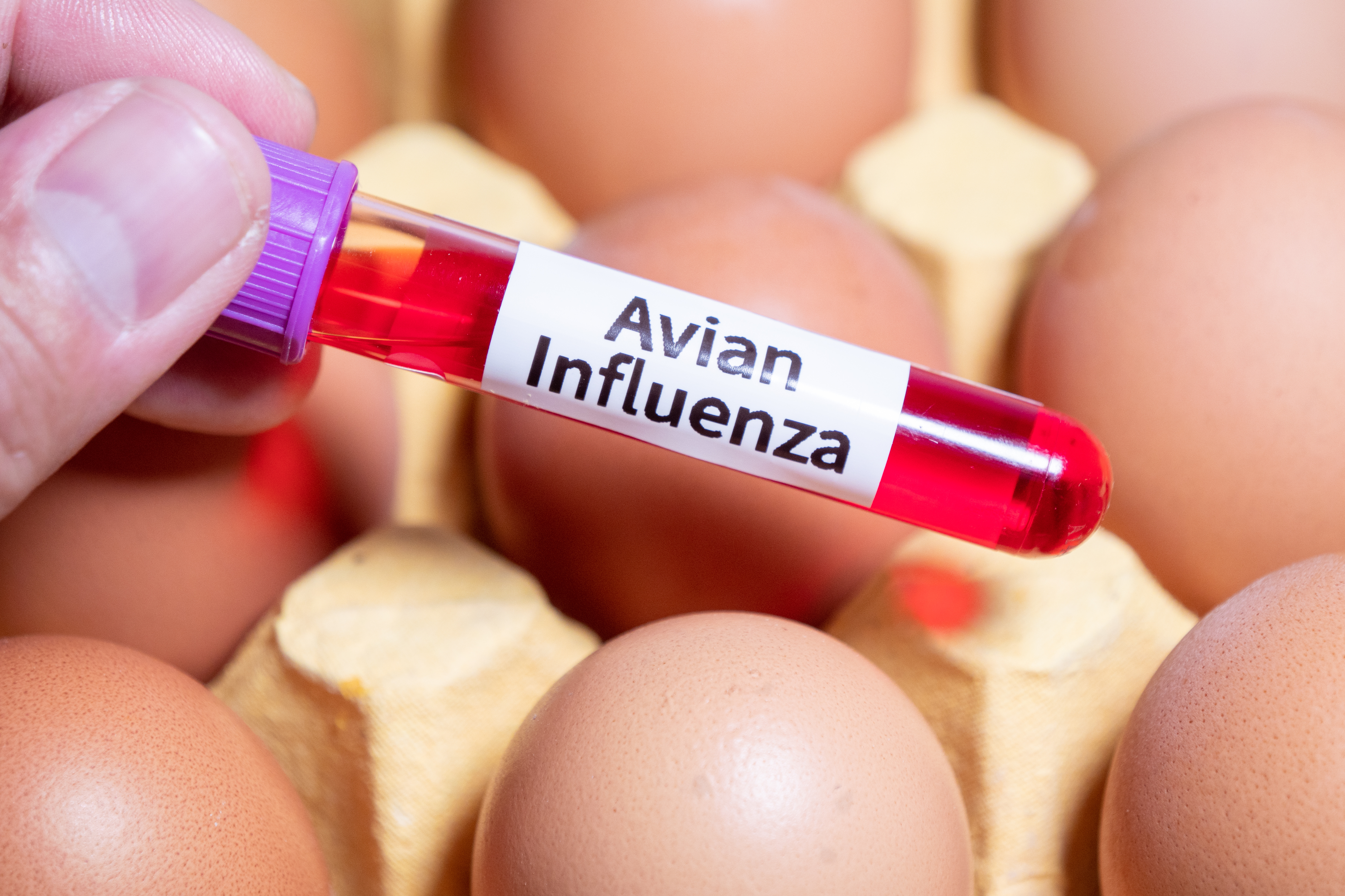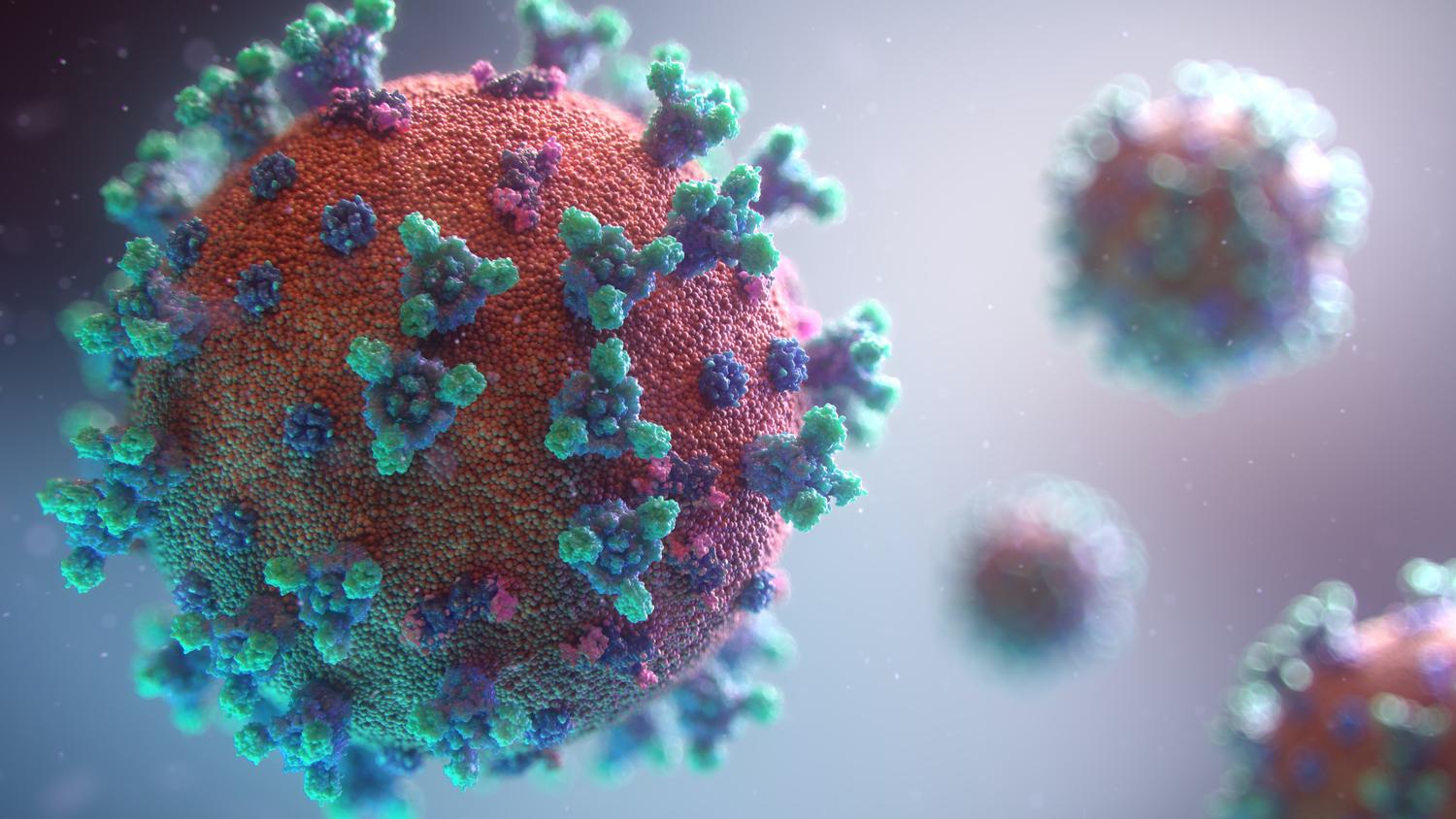What is the "Tripledemic"?
As the US continues to see a rapid spike in RSV (Respiratory Syncytial Virus), flu and Covid-19 infections this winter, some health officials are referring to the collision of these respiratory viruses as a “tripledemic”.
The uptick in cases of RSV, combined with the early arrival of the flu this season and the ongoing Covid-19 pandemic, have resulted in overcrowded hospitals, overwhelmed healthcare systems, and unanticipated demand for pediatric OTC medications. We’ve teamed up with Sesame’s Medical Director, Allison Edwards MD, to compile some useful info about the tripledemic, as well as some tips for staying healthy this flu season.
Who is impacted by the tripledemic?
According to the Centers for Disease Control and Prevention (CDC), there have been an estimated 150,000 flu hospitalizations in 2022, along with massive surges in Covid-19 cases and RSV cases. Covid-19, RSV and the flu affect all age groups, but immunocompromised people, those with pre-existing conditions such as heart disease, infants and older adults are more likely to develop severe illness as a result of infection.
What is the difference between RSV, Covid-19 and the flu?
RSV, short for Respiratory Syncytial Virus, is a common infection of the respiratory tract. The majority of people with RSV will experience mild symptoms, but infants and children – along with older adults or adults with weakened immune systems– are at a much higher risk for infection and complications.
Covid-19, also known as coronavirus disease, is caused by the SARS-CoV-2 virus. Although scientists have noted that Covid-19 cases are far less severe and less deadly in 2022 than in years past, the recent rise in cases has strained hospitals and E.R.s which are already grappling with an influx of flu and RSV cases.
The flu, which is caused by influenza viruses, is most common during the fall and winter months. Flu cases are much higher this year than last year or in 2021, which health officials suspect is a result of a lack of exposure due to social distancing and masking measures.
These viral infections can cause mild to severe illness, and they spread through contact with respiratory droplets from an infected person who coughs or sneezes. Because RSV, Covid-19 and the flu are all respiratory illnesses, their symptoms are often similar. Coughing, sore throat, runny nose, fever or chills, and headaches are all common presentations of these viruses.
There are several indicators that can help you differentiate between the three ailments:
- Covid-19 often results in loss of taste or smell, which is not as common in flu and RSV patients
- RSV and Covid symptoms tend to develop slowly over time, while flu symptoms often feel like they’re coming out of nowhere
- RSV is more likely to cause wheezing and lack of appetite
How do I determine if I have RSV, Covid-19 or the flu?
Because symptoms of these respiratory infections are so similar, the best way to accurately determine your diagnosis is to get tested. Both rapid antigen tests and PCR tests are available for Covid-19 and the flu, while RSV tests are typically available from your local primary care provider’s office, urgent care center or emergency room.
How can I avoid the “Tripledemic?”
Both Covid-19 vaccines and flu vaccines are available through pharmacies such as CVS and Walgreens, health care providers’ offices and hospitals. Although there is not yet an FDA-approved RSV vaccine, the CDC is fast-tracking its development to combat the surge of recent cases across the country. In the meantime, public health experts suggest several simple measures you can take to protect yourself and your loved ones from RSV, Covid-19 and the flu.
These measures include:
- Mask-wearing: Masks can help to filter out those tiny particles through which viruses are spread, and they also stop you from touching your face in the event that you’ve come into contact with an infected surface. The CDC has recommended mask-wearing in parts of the country as Covid-19 variants and subvariants rise.
- Wash your hands frequently: Washing your hands with soap and warm water for at least 20 seconds can help prevent the spread of germs.
- Avoid exposure: socializing doesn’t always make it easy, but do what you can to limit your contact with sick people or people experiencing symptoms such as coughing or sneezing. If you happen to cough or sneeze, cover your mouth and nose to prevent droplets from dispersing into the air.
- Don’t share: Cups, water bottles, and utensils are shared often (especially during parties and get-togethers). Try to avoid this if you can, especially if you’re near someone experiencing cold-like symptoms.
- Try to keep your hands away from your face: Germs easily enter your body via your eyes, ears, nose and mouth. Avoid touching surfaces that have been touched by a person with cold-like symptoms and refrain from touching your face until after you have washed your hands with soap and water.
- Keep things clean: Regularly cleaning and disinfecting the surfaces of your home (kitchen counters, bathroom surfaces, door handles, etc.) can prevent germs from spreading around your home. Discard used tissues and disinfectant wipes immediately after use.
If you or a loved one are at high risk of serious illness and are experiencing the symptoms of a respiratory illness such as RSV, Covid-19 or the flu, talk to a health care provider immediately to receive a diagnosis and get started on treatment right away.

